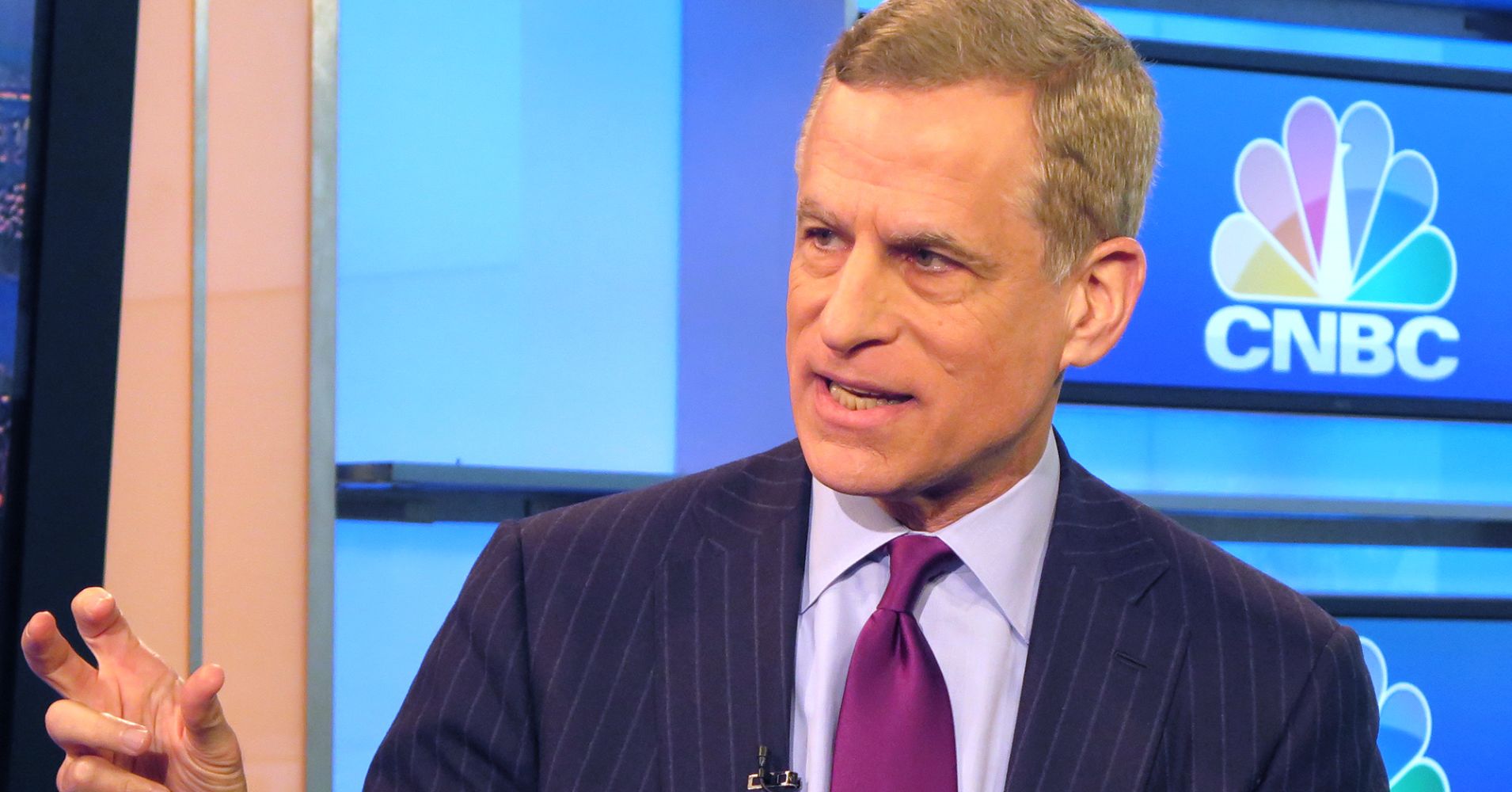The bond market is sending a pessimistic signal about the longer-term prospects of the U.S. economy, Dallas Federal Reserve President Robert Kaplan said Tuesday.
All eyes on Wall Street have been tuned into the rapid acceleration of the 10-year Treasury yield in recent weeks as a sign that inflation is looming.
However, Kaplan told the Economic Club of New York that there’s another important message coming, namely that the flattening of the so-called yield curve that has been taking place over the past several months is an indicator that the market sees growth slowing.
The message is that “prospects for future growth are somewhat sluggish or uncertain,” he said.
“The longer end is saying boy A) there’s a lot of money looking for safe assets,” Kaplan added. “But also it’s saying out-year growth is a little more uncertain.”
Shorter-duration government debt yields have been rising while the Fed is raising rates. But yields on longer-term notes and bonds have risen less rapidly, reflecting that caution about where things are headed.
Economists watch the shape of the yield curve closely. An inverted curve, where shorter-dated notes yield higher than their longer-duration counterparts, has been a reliable recession indicator for the past 50 years. Fed officials have said the current flattening is due to unique circumstances, but markets remain fearful about the implications.
Despite the nervousness in the bond market, Kaplan said the Fed should keep raising its benchmark interest rate.
“I believe we are reaching our dual mandate. We should be raising the fed funds rate,” he said.
How far the central bank should go is another issue.
Kaplan advocated three more rate hikes that would take the policymaking Federal Open Market Committee through June. After that, he said the committee should examine where it is relative to the so-called neutral rate that is neither restrictive nor accommodative.
The committee already has approved three rate increases this year, with another one widely expected at the December meeting.
Fed Chairman Jerome Powell said last week that he feels the FOMC has a way to go before it reaches neutral, a statement taken by the markets as hawkish.
On other economic issues, Kaplan stressed the importance of immigration for the U.S. to grow due to low productivity numbers, and said he was “glad” that the U.S. renegotiated NAFTA terms, particularly with Mexico.


 Signal2forex.com - Best Forex robots and signals
Signal2forex.com - Best Forex robots and signals




